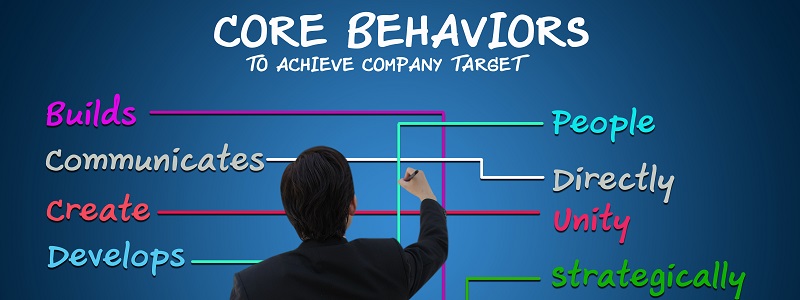“I don’t have an answer for that.” Would you ever respond that way to an interview question with a potential employer? You would be surprised how many people respond that way during an initial phone screen. As a recruiter in the scientific industry, I am shocked by the number of people who do not take initial interviews with a recruiter seriously.
It is crucial for candidates to know that behavioral questions are just as important, if not more important, than anything else in the interview process.Behavioral questions ask job candidates to recount a past experience and indicate your future performance. How you answer these questions tell me if you really want the job or not, and how well you’ll do.
It is my job to prepare you for the interviews you will have with your potential employer, who will probably ask you the same questions. My interviews are real interviews – not practice. For some reason, the interview will be going well enough, but when we get to behavioral questions, the line goes silent. It is so hard getting these answers out of some people.
It is important for you to know that behavioral questions can really make a difference in your chance at getting selected for a position. To make sure you are prepared, I’ve put together a list of recommendations to consider before you head into your next interview – be it with a recruiter or a hiring manager:
- Have a thorough understanding of the job. Make sure to ask the person offering you the job plenty of questions about the position and the company. Do your own research of the company and this type of position on your own as well.
- Find out what kind of workers this company typically hires. Do a LinkedIn search of company employees and browse their pages to get an idea of the atmosphere and attributes of their usual workers.
- Prepare yourself by thinking of three attributes that you bring to the table, both professional and personal, that would help this company in any position.
- Think of examples and stories you can tell in which there was a problem, you had a solution and there was a positive result from your solution/action. Remember SAR: the Situation, the Action you took and the Result.
- Practice your stories to yourself, family and friends so you are comfortable in the real interview.
- During your interview, make eye contact and have a relaxed demeanor. Body language says a lot to your interviewer and we can tell if you are uncomfortable, among other things.
Take these tips and prepare for your next interview – especially those tricky behavioral questions! They must be taken seriously, because you probably won’t get a call back if you say, “I don’t have an answer for that.”





